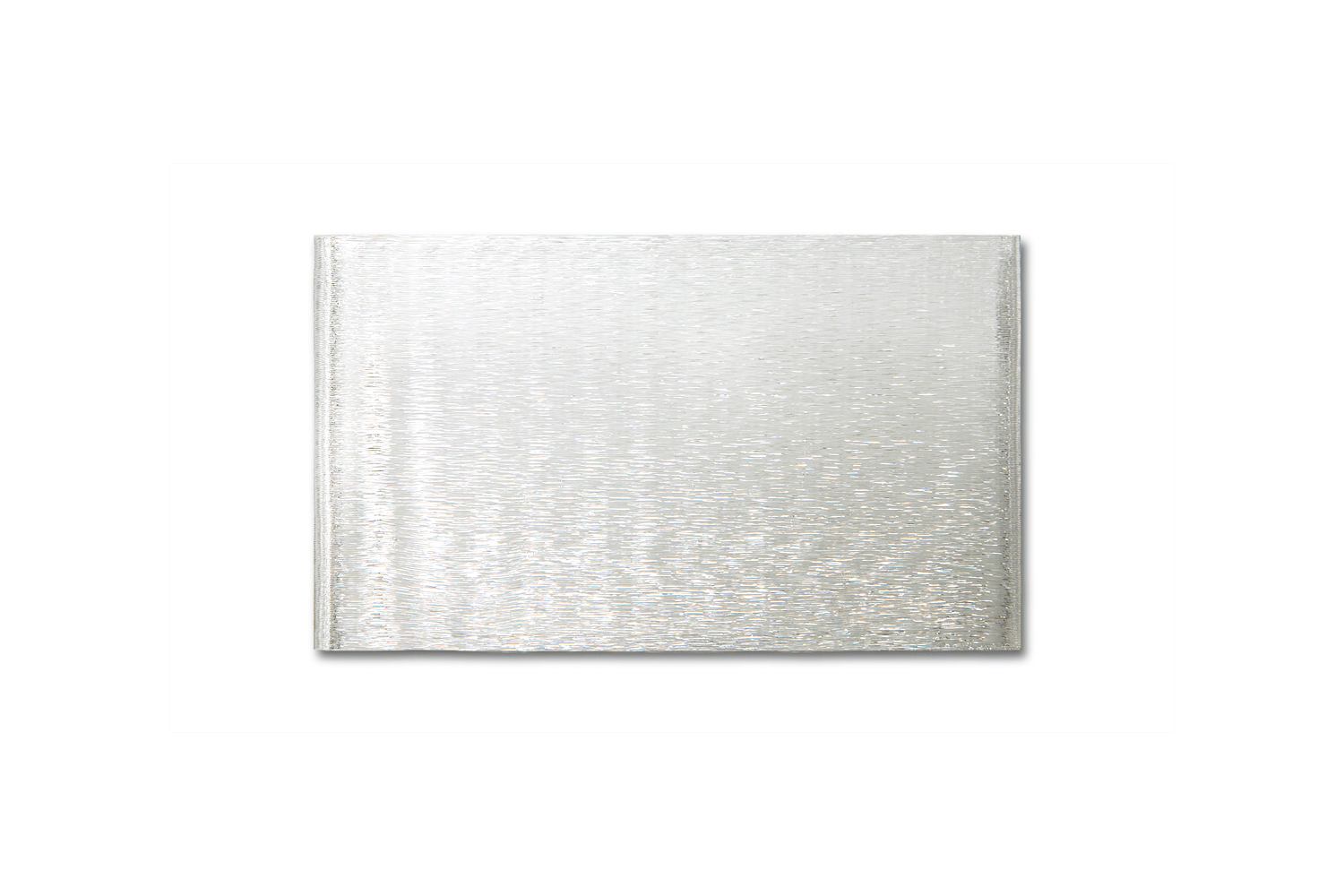PC-ISO offers superior mechanical properties while complying with ISO 10993 biocompatibility standards, making it ideal for producing parts that require both strength and safety. PC-ISO can be sterilized using gamma radiation or Ethylene Oxide (EtO), making it suitable for sterile environments and medical-grade products.
Key Features:
- Biocompatible: Meets ISO 10993 and USP Class VI standards, ensuring safety for medical devices and food contact applications.
- Sterilizable: Can be sterilized using gamma radiation or Ethylene Oxide (EtO), making it appropriate for environments where sterility is critical.
- Superior Mechanical Properties: Offers high strength, durability, and heat resistance, making it ideal for demanding applications.
- Precision Printing: Delivers accurate, high-quality parts suitable for prototyping and end-use in regulated environments.
Color Options: White, Translucent Natural

